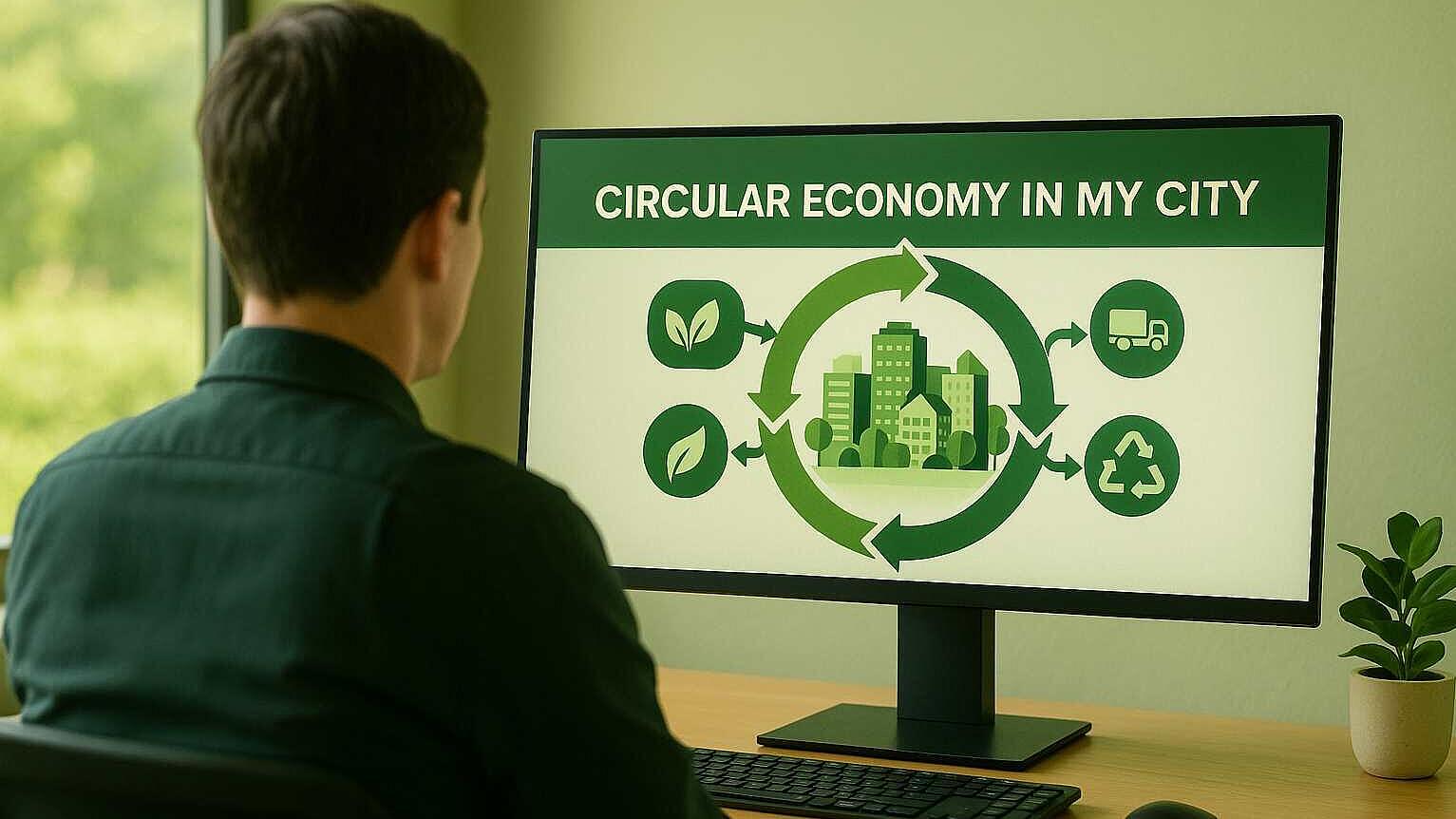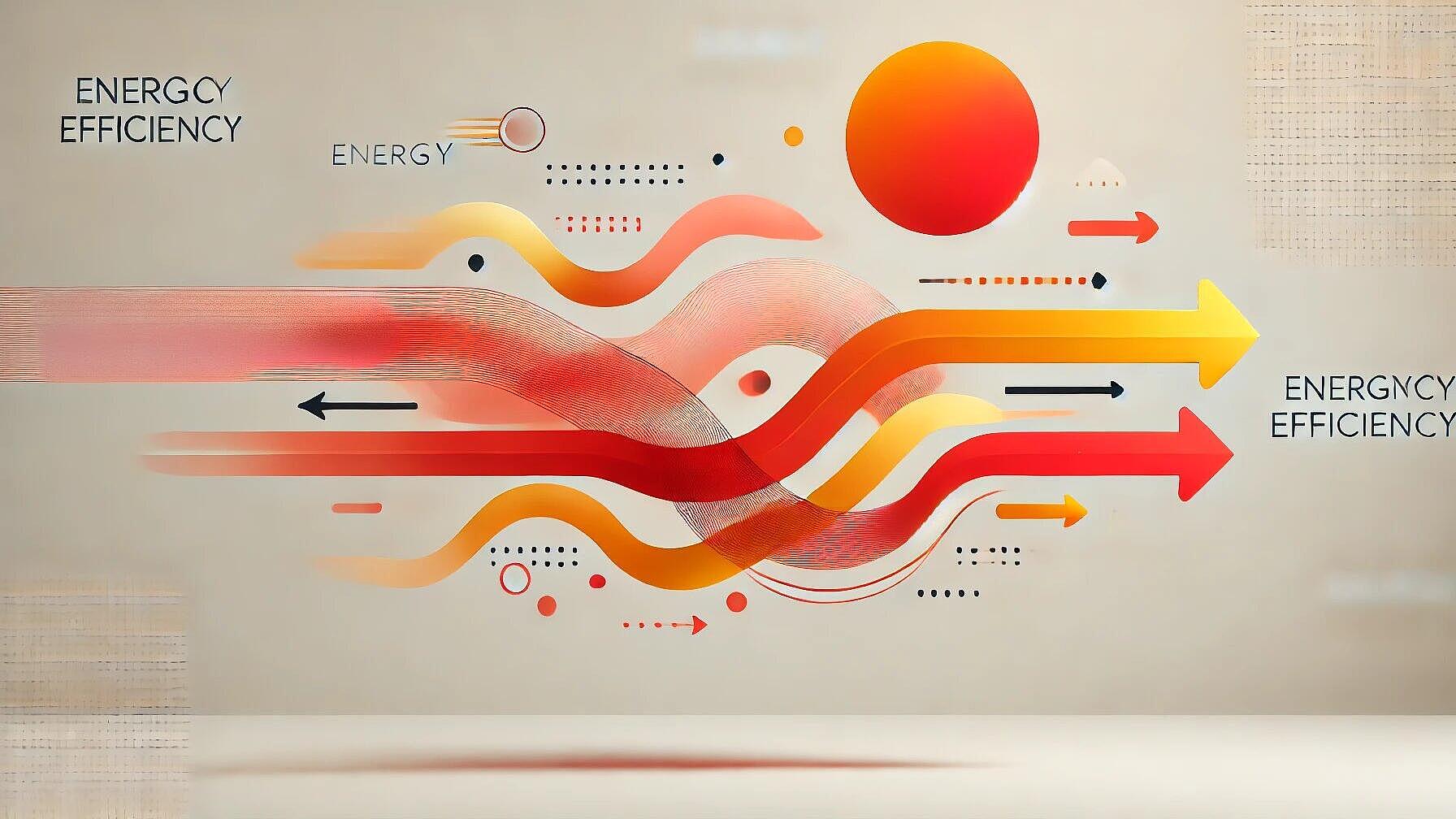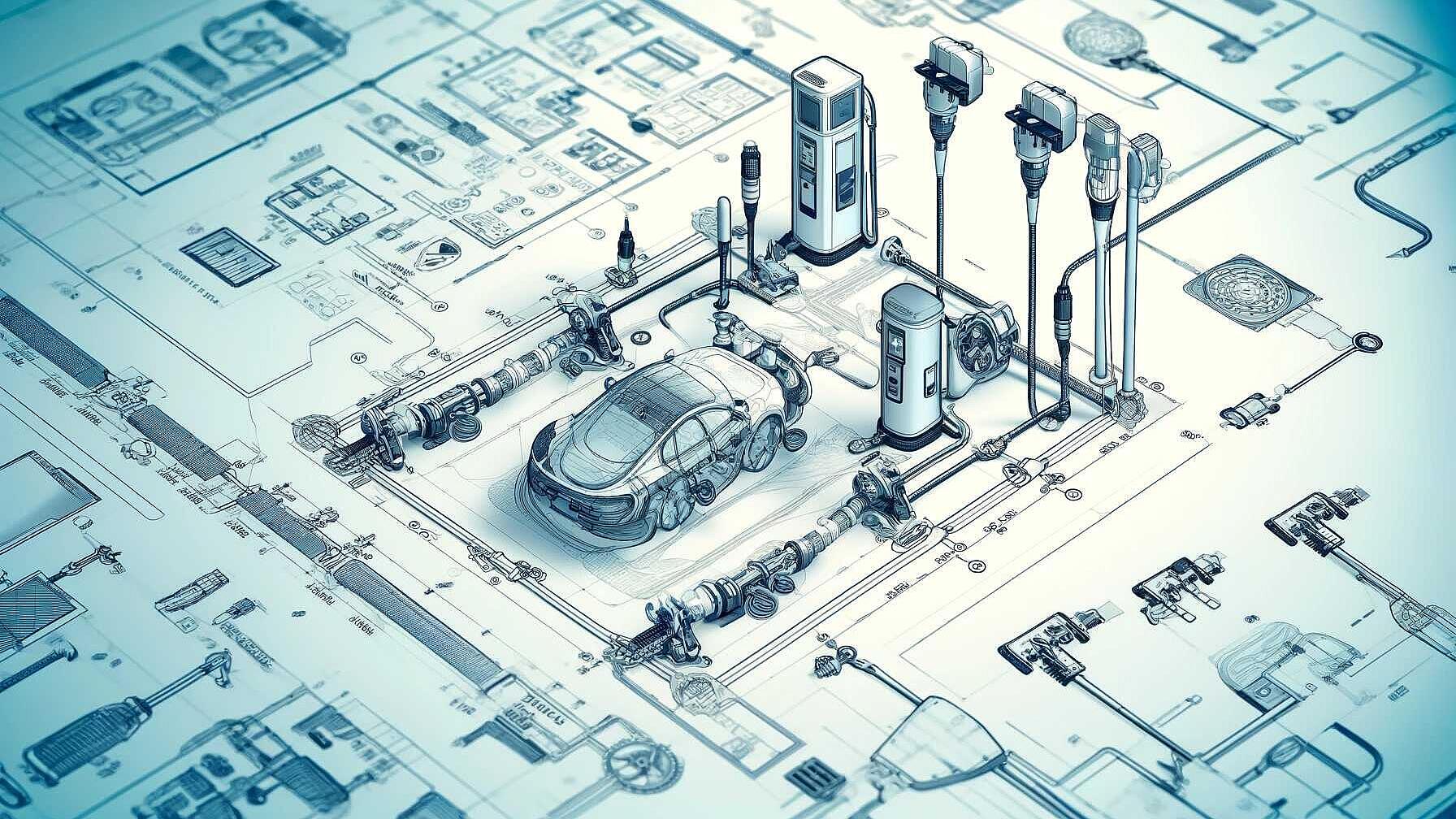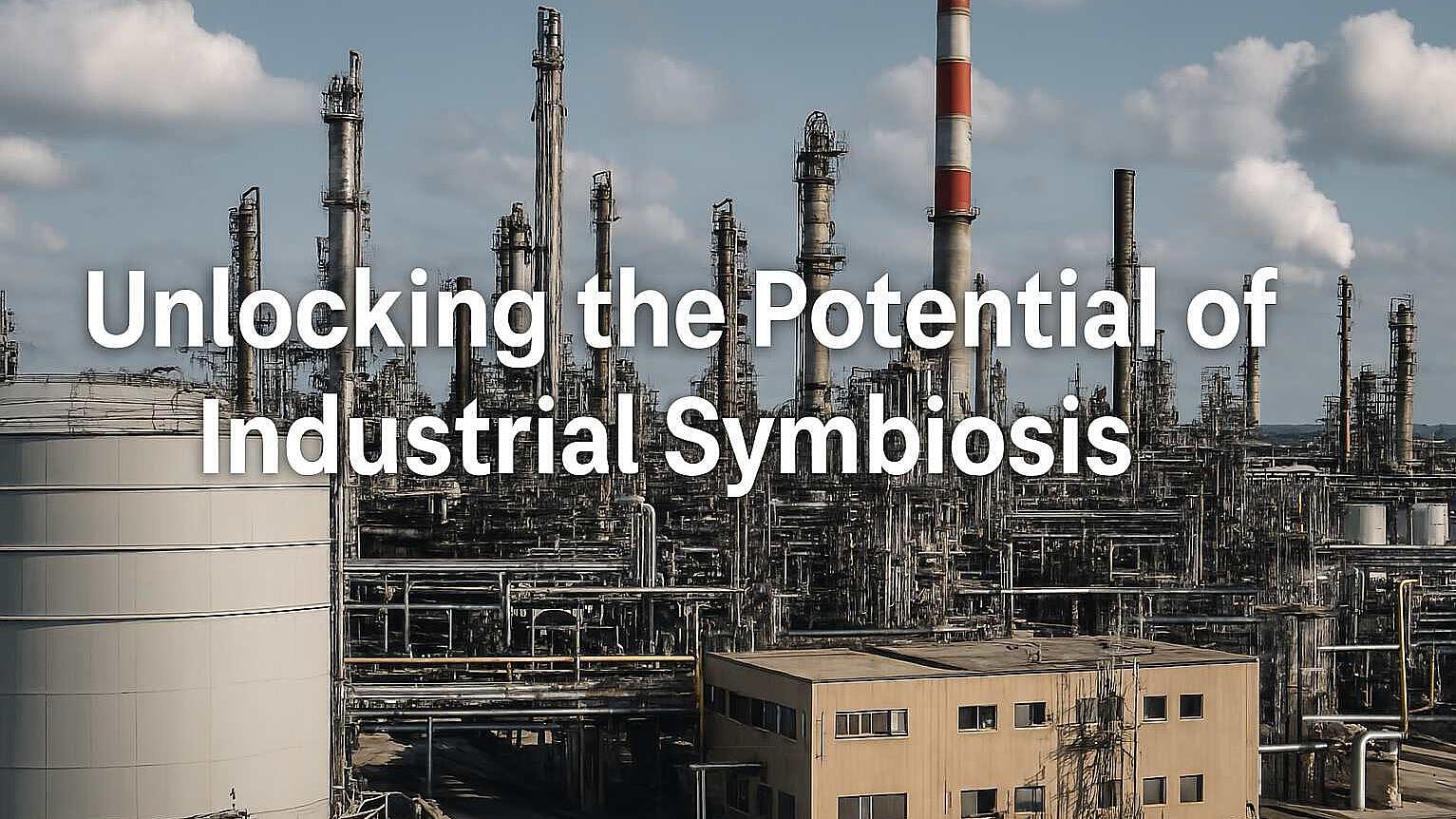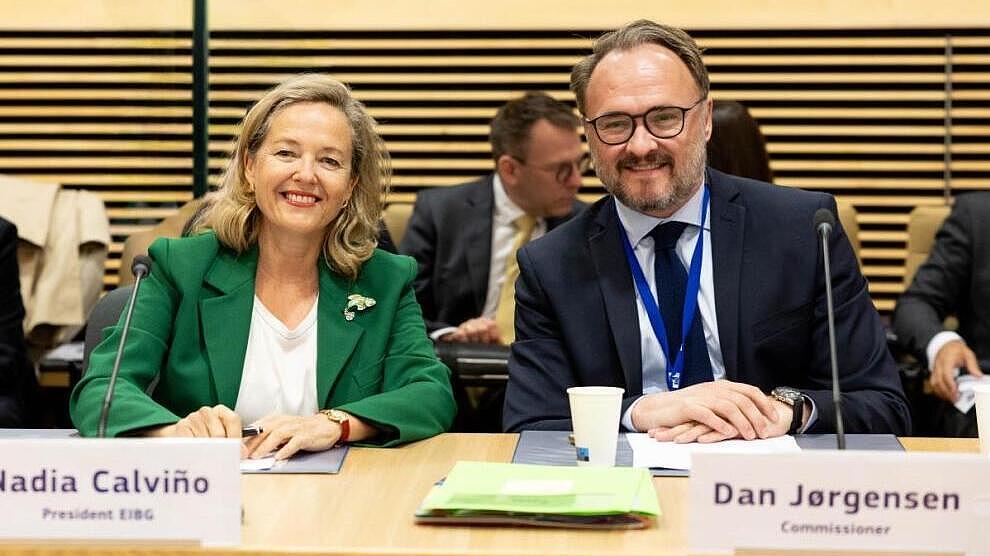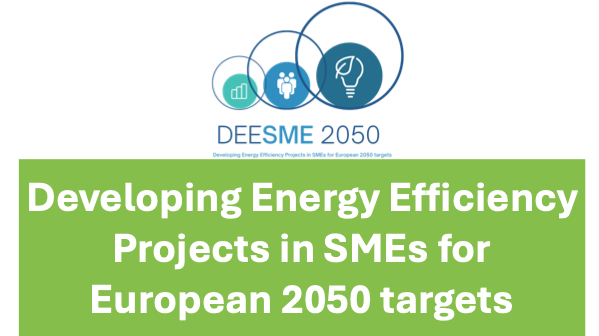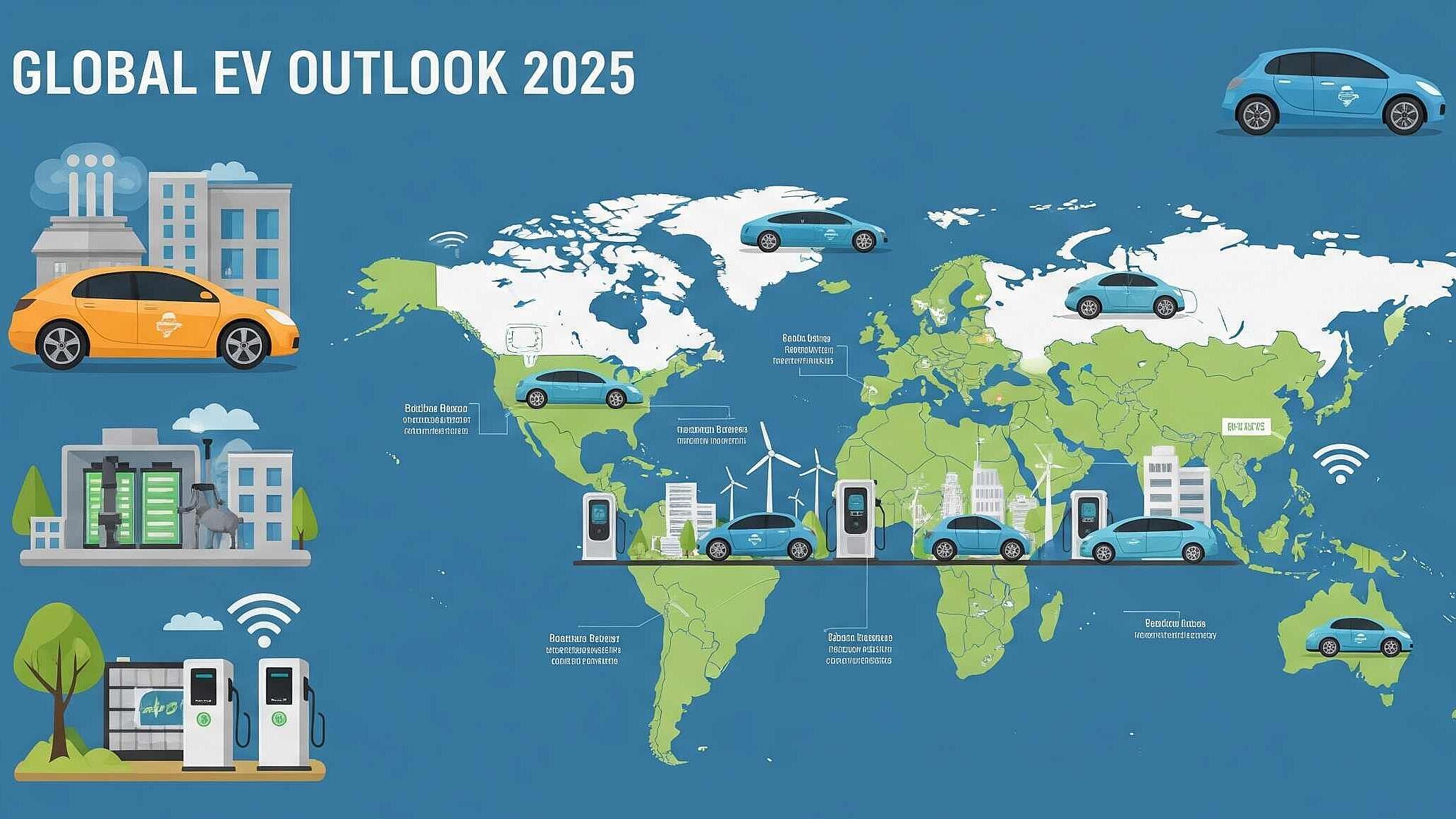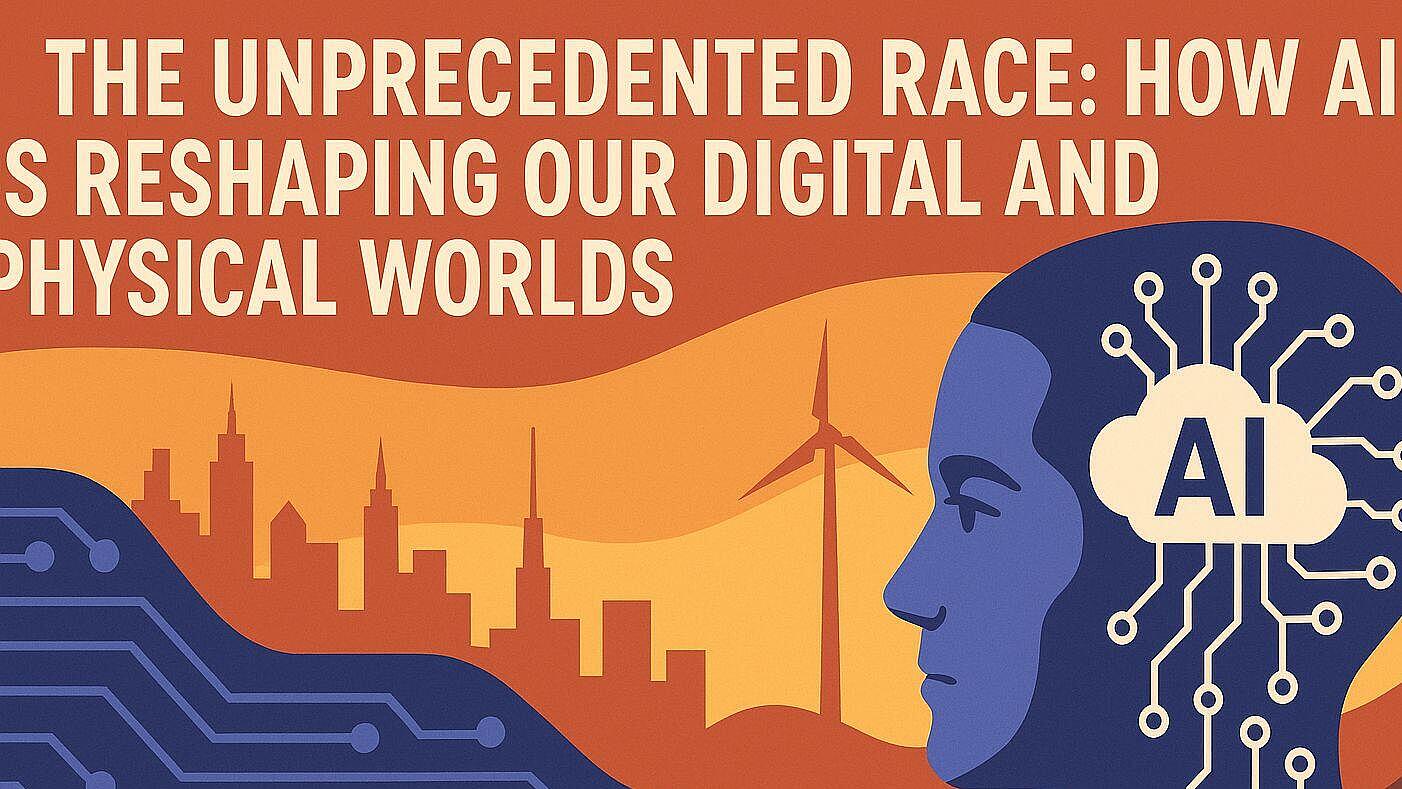 Articles
ArticlesWhy do cities struggle to transition to a Circular Economy? — Information
The paper discusses the urgent need for a transition to a circular economy (CE) to achieve climate neutrality and Sustainable Development Goals, emphasizing the importance of cities in this transition as they generate 85% of global GDP and are responsible for 75% of resource consumption. Despite the potential, progress has been slow, with the OECD reporting only 10% of cities advanced in circular transition, while public procurement remains linear. Public entities, especially at a local and regional level, should lead by example given they account for a significant portion of procurement in Europe. The paper outlines the 10 R-strategies for implementing CE, such as refuse, reduce, reuse, repair, and recycle, ranking them by their circular impact. However, accessing information and applying these strategies is challenging due to information overload and lack of common language in CE practices. Local efforts may be fragmented and documented in various languages, making it difficult for widespread adoption. A mental exercise demonstrates how CE principles can be applied in re-equipping a public building by prioritizing the use of existing resources vs. new procurement. The paper underlines that despite the complexity, this practical approach is customary in Scandinavia, showing environmental and cost benefits. The paper concludes with a suggestion for AI as a partial solution to information challenges in implementing CE strategies. It highlights the start of an innovation procurement by eight organizations in Europe to address these challenges, inviting other public organizations to participate and announcing public testing in autumn 2025. The article acknowledges the funding and insights from the CircularPSP project under the European Union's Horizon Europe Programme.
Read Full articlePowering Europe's Clean Energy Future: Key Elements of the EU Energy Efficiency Directive
The EU Energy Efficiency Directive sets binding targets to reduce energy use by 2030 and introduces measures across sectors for energy savings, prioritizing efficiency, sustainability, and enhanced energy security for European citizens and businesses, requiring member states to implement various efficiency strategies and reporting mechanisms.
Read Full articleTransforming the Grid: Electric Vehicles as Key Players in the Energy Landscape
The "Solution Booklet: Electric Vehicles and the Grid" discusses the increase of EVs in Europe, the necessity for robust charging infrastructures, strategic city planning for EV integration, technical, societal, and governance aspects of smart charging and V2G technologies, as well as innovative solutions and economic considerations for successful EV and energy grid synergy.
Read Full articleUnlocking the Potential of Industrial Symbiosis: Strategies for Sustainable Project Development
The CORALIS guidelines address financing and risk mitigation for Industrial Symbiosis (IS) projects, offering a structured process to enhance stakeholder relationships, align with regulatory frameworks, and improve project implementation for sustainable industrial operations.
Read Full articleMore support being given to SMEs in Europe to become more energy efficient
The European Investment Bank Group, with European Commission support, will provide €17.5 billion in financing for over 350,000 European SMEs to enhance energy efficiency, nearly doubling current aid, aiming for a total investment of over €65 billion by 2027.
Read Full articleSpotlight on EU funded project – Unlocking SME potential: Financing energy efficiency for a sustainable future
The paper emphasizes the importance of energy efficiency in European SMEs, which are crucial to the continent's economy and competitiveness. The EU-funded DEESME 2050 project highlights the potential benefits of improving energy performance in the furniture industry. Investments and policy implementation must accelerate to meet the EU's 2030 climate goals, and new initiatives like EEEFC aim to support this transition. Financial intermediaries are identified as vital for SMEs to access funds, leveraging experiences from organizations like EEIP and state-owned banks to facilitate this process.
Read Full articleEV Revolution: Transforming Global Mobility Through Innovation and Accessibility
In 2024, global electric vehicle (EV) sales exceeded 17 million, a significant increase from 2020 totals. China's electric car sales hit 11 million, driving affordability and adoption worldwide. Battery cost reductions and technological advancements improved EV competitiveness, while the expansion of charging infrastructure supported the growing EV market. Electric commercial transport also gained momentum, with electric trucks becoming more economically feasible. Projections suggest EVs will continue to grow, reaching substantial market shares globally by 2030.
Read Full articleThe Unprecedented Race: How AI is Reshaping Our Digital and Physical Worlds
By 2030, AI will necessitate a $7 trillion investment in data centers, driven by widespread AI adoption and geopolitical priorities. The demand for specialized compute hardware and energy-intensive AI workloads is creating significant power and supply chain challenges, emphasizing the need for efficiency, renewable energy, and advanced demand forecasting.
Read Full articlePowering the Future: A Comprehensive Look at Hydrogen Production Methods
The paper provides an analysis of 19 hydrogen production methods, focusing on efficiency, cost, and environmental sustainability. It identifies the efficiency of fossil fuel reforming and the high environmental impact of non-renewable sources. Renewable methods are more sustainable but less developed. Hybrid approaches offer balanced results while further innovation is needed for truly sustainable hydrogen production.
Read Full articleDigital Revolution in Motor Systems: Powering the Future of Energy Efficiency
The paper highlights the revolution of motor systems through digital technologies enhancing efficiency, despite challenges such as lack of standardization and cybersecurity risks. Innovations include smart sensors, IoT, and AI-driven analytics, with case studies showing significant energy savings. Opportunities exist for professionals in data science and cybersecurity.
Read Full article